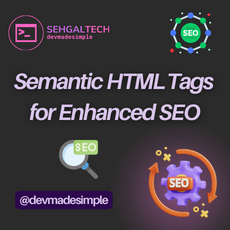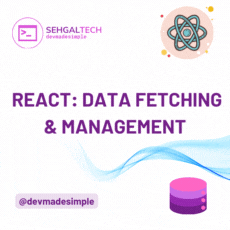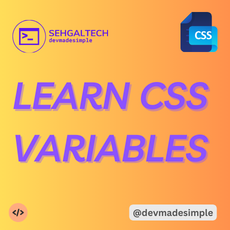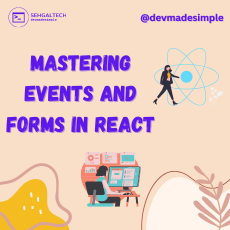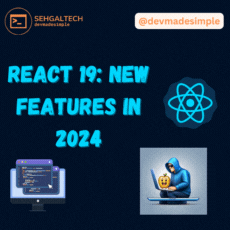
Introduction:
So you’ve heard the buzz about React, the JavaScript library powering some of the world’s most popular websites. But what exactly is it, and why should you care? This post dives into the world of React, explaining its core concepts and why it’s revolutionizing web development.
What is React?
React is a declarative JavaScript library for building user interfaces. Unlike traditional web development where you manipulate the DOM directly, React lets you describe what you want to see on the screen, and it efficiently updates the DOM only when necessary. This leads to faster, more maintainable, and dynamic web applications.
Why use React?
There are several compelling reasons to consider React for your next project:
- Component-based development: Break down complex UIs into reusable building blocks called components, promoting code organization and reusability.
- Virtual DOM: React uses a virtual representation of the DOM to optimize updates, resulting in smoother and faster performance.
- JavaScript all the way: Leverages plain JavaScript, making it easy to learn and integrate with existing skills.
- Large and active community: Benefit from extensive documentation, tutorials, and support from a vast developer network.
Key Concepts to Grasp:
- JSX: A syntax extension for JavaScript that resembles HTML, making it intuitive to write UI components.
- Props: Data passed down from parent components to child components, defining their appearance and behavior.
- State: Internal data managed by a component, allowing it to react to user interactions and dynamic changes.
- Lifecycle methods: Functions that execute at specific stages of a component’s lifecycle, providing hooks for custom logic.
Ready to Dive Deeper?
This is just a glimpse into the exciting world of React. Stay tuned for our next post where we’ll set up your development environment and get your hands dirty building your first React component!
